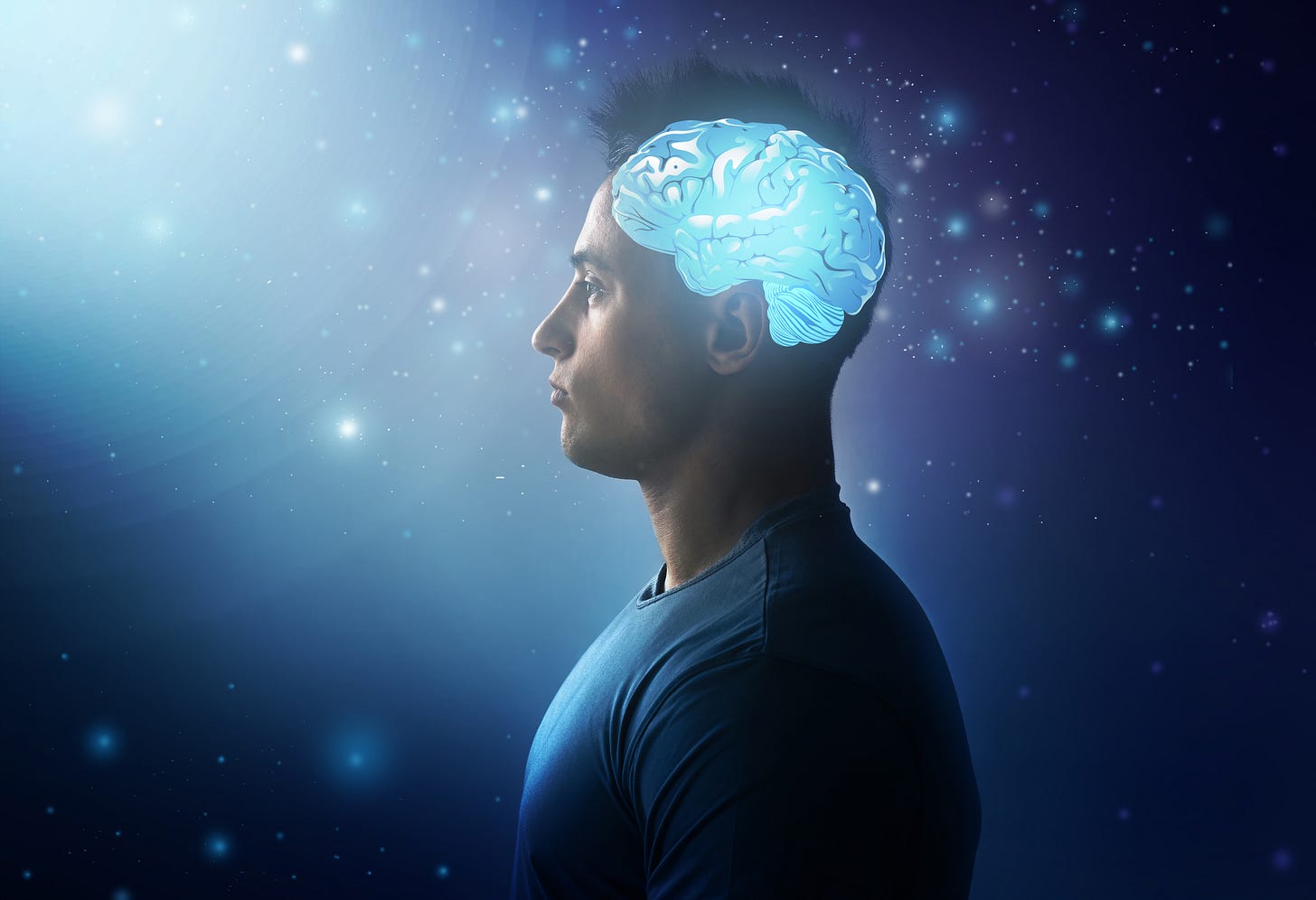What are Nootropics?
Nootropics, also known as "smart drugs" or "cognitive enhancers," are substances that are believed to enhance cognitive function, memory, creativity, and motivation. These substances can be natural or synthetic and are often used by individuals looking to boost their mental performance and overall brain health.
The concept of nootropics was first introdu…



